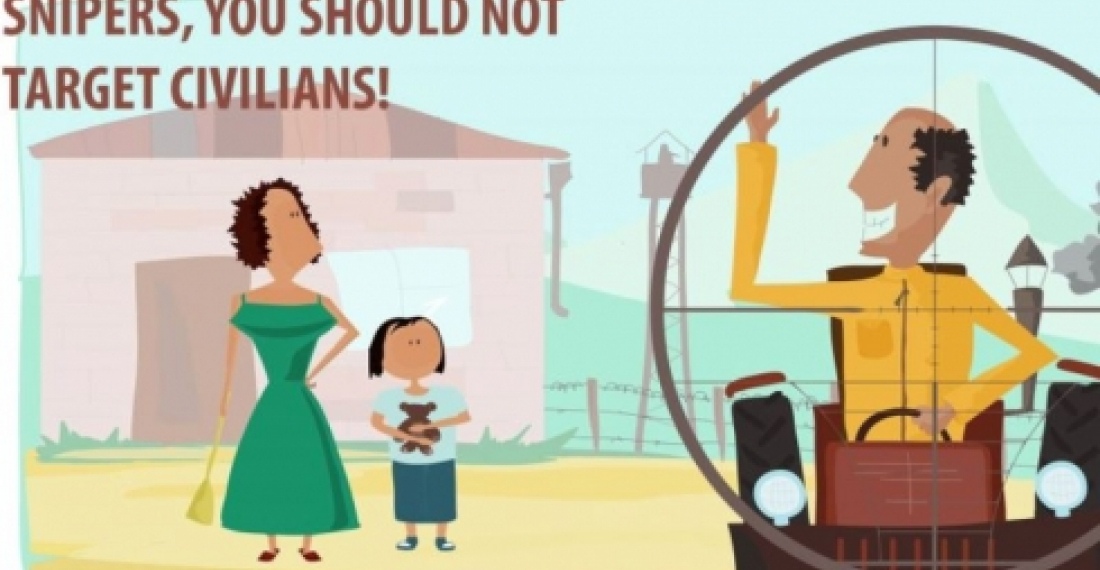May 12 marked the 21st anniversary of the ceasefire that was supposed to bring to an end fighting in the Nagorno-Karabakh conflict. Since then hundreds of people, including many civilians have lost their lives in daily violations of the cease fire by both sides in the conflict, and lasting peace remains as elusive as ever.
The Armenian NGO, Peace Dialogue, in a statement marking the anniversary said that "despite the fact that a formal ceasefire was reached, the conflict remains unresolved. Thousands of hostile troops remain dug in behind formidable defensive fortifications along the contact line around Nagorno-Karabakh and the border between Armenia and Azerbaijan. Escalation of the conflict and daily skirmishes pose particular challenges to the civilian population living close by".
The fate of front line communities was also highlighted in a recent report by the UK based organisation, Saferworld, which stated:
"Armenia and Azerbaijan have substantial civilian populations living in the immediate proximity of their mutual border, which has been turned into a heavily militarized front line."
"Absence of proper international oversight has created a dangerous environment whereby civilians and their properties have been repeatedly targeted by the opposing military forces."
Peace Dialogue, in its statement expressed its concern about the situation in these communities. The statement added, "We are concerned with losses among the military personnel, however we are more worried about each and every civilian casualty, regardless of the victims' nationality, religion, gender or age". As part of the campaign urging snipers not to kill civilians Peace Dialogue has released two cartoon videos aimed at raising awareness of the problem.
Watch the first video here
Peace Dialogue called on the international community to support confidence-building measures in the region by all possible means.
Watch the second video here
source: commonspace.eu
photo: Cartoon from the video produced by the Armenian NGO Peace Dialogue raising awarness of the problem of targeting of civilians during cease fire violations in the Nagorno-Karabakh conflict zone.
Illustration by Vahrad Melikjanyan.







